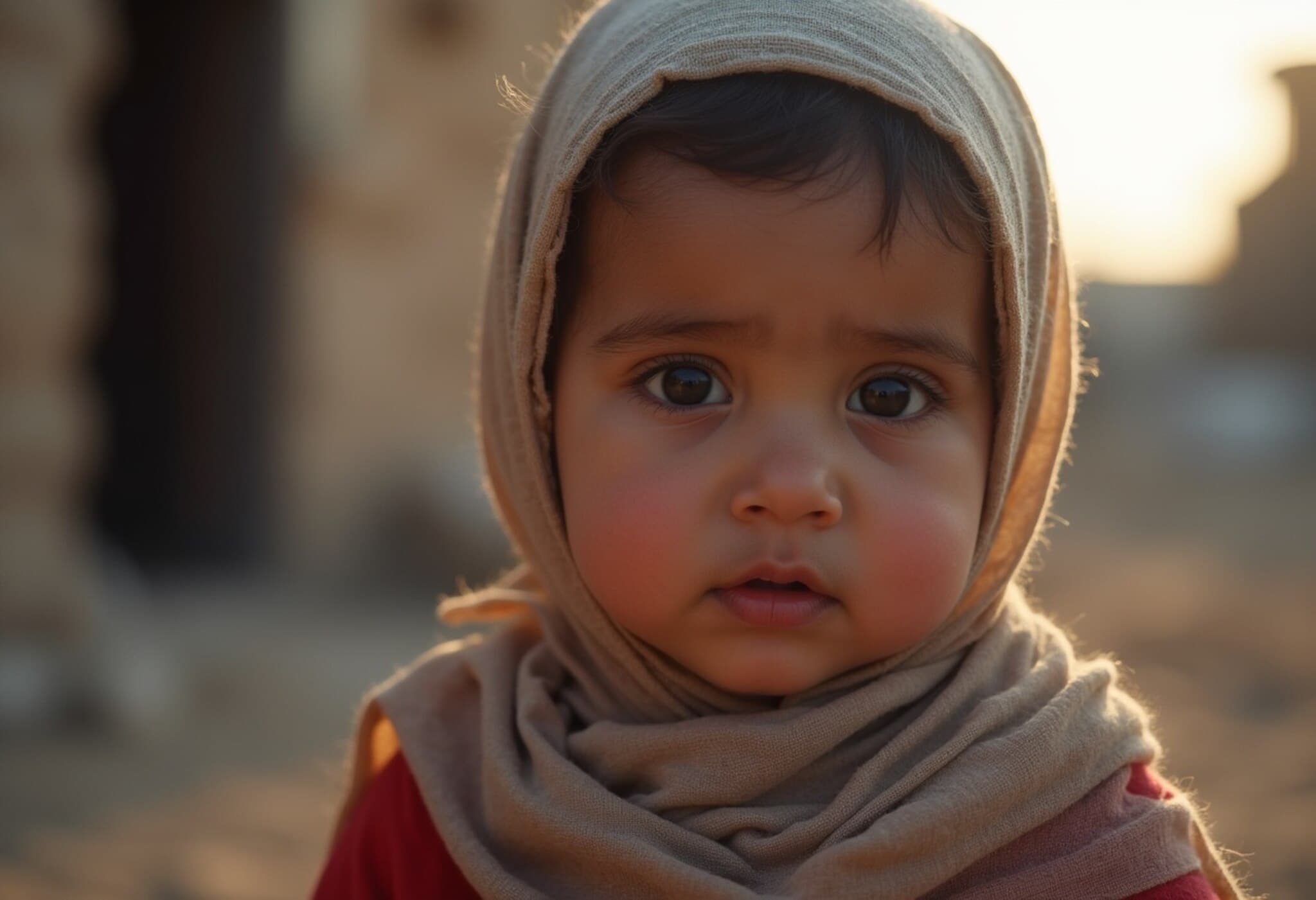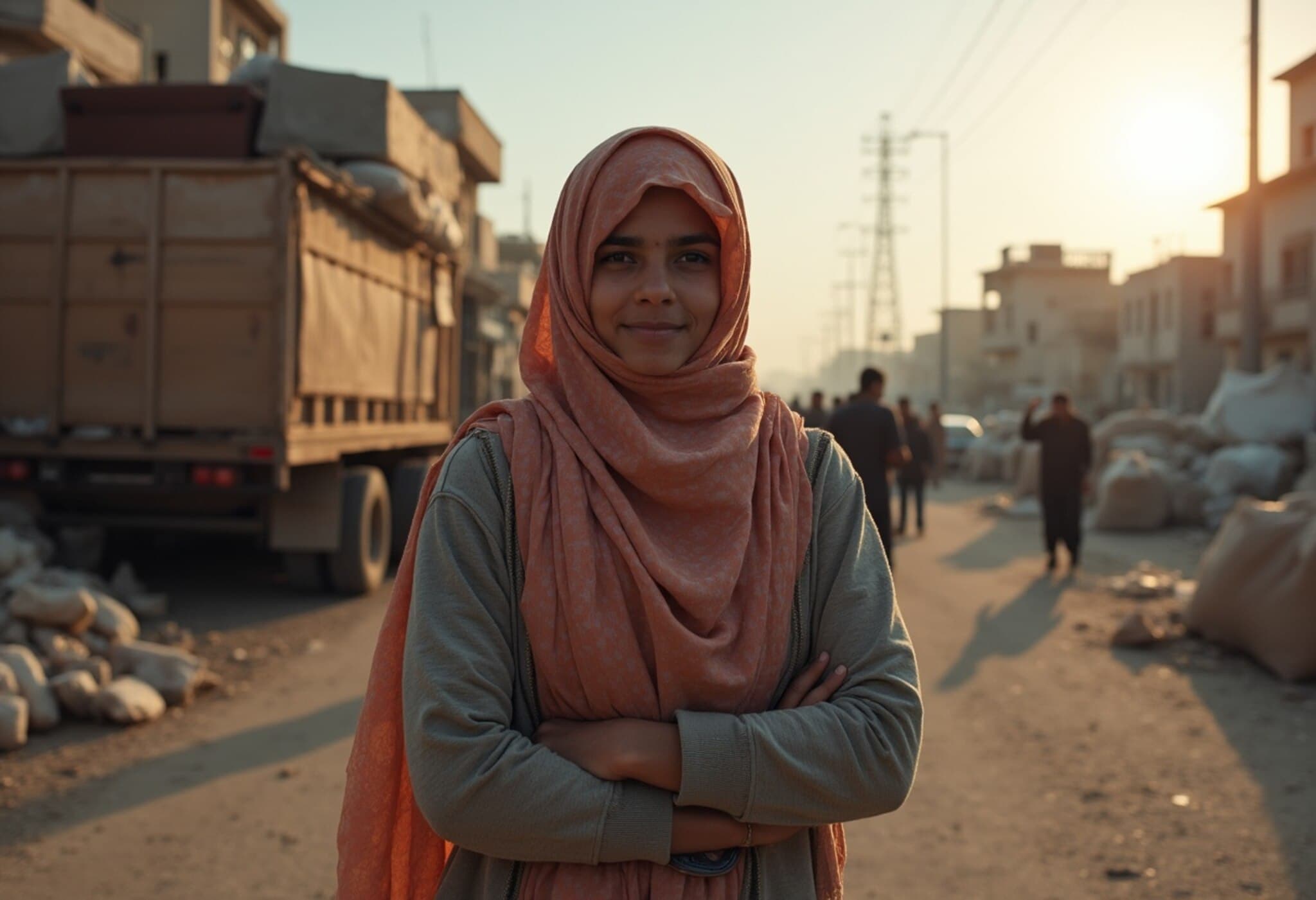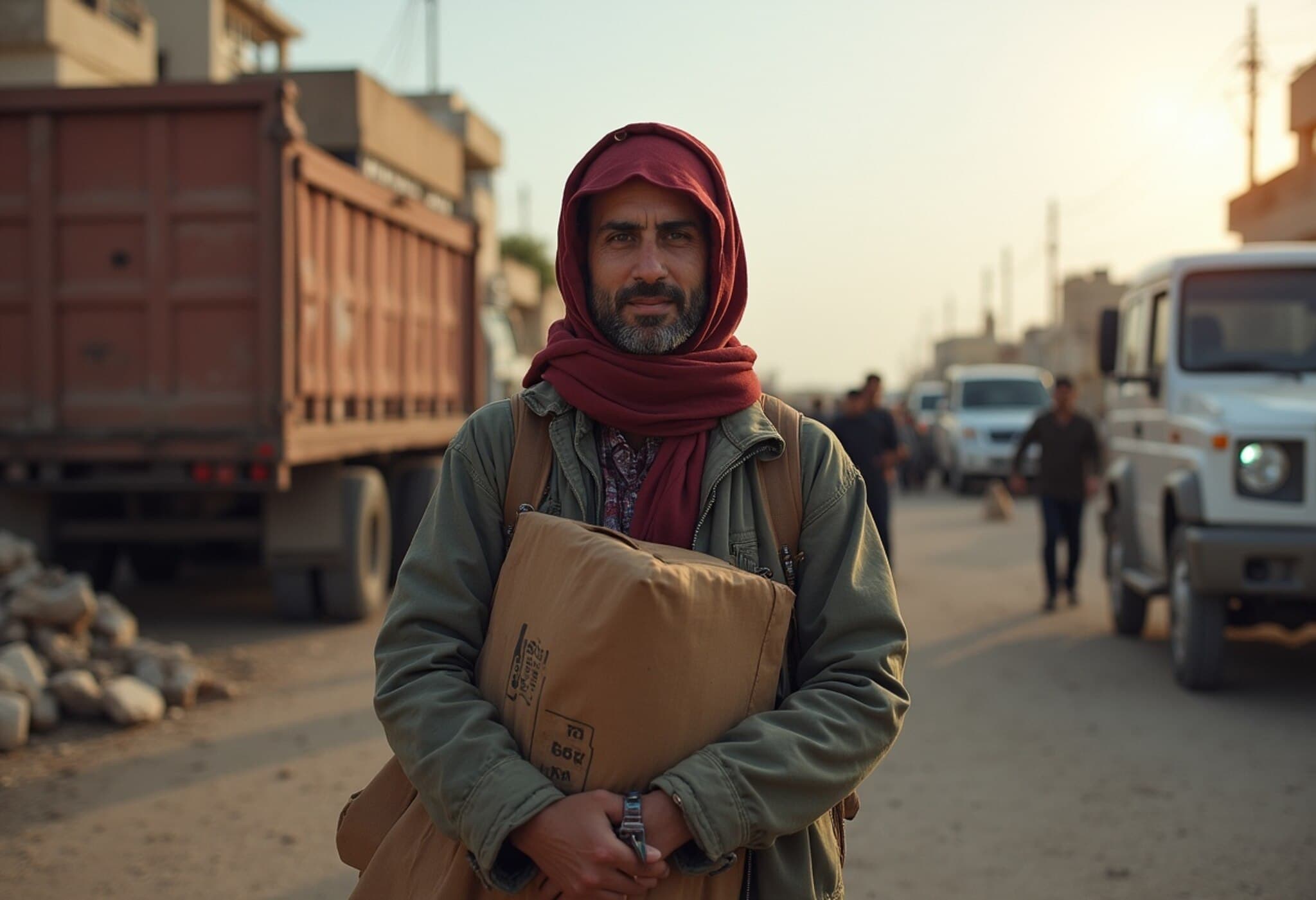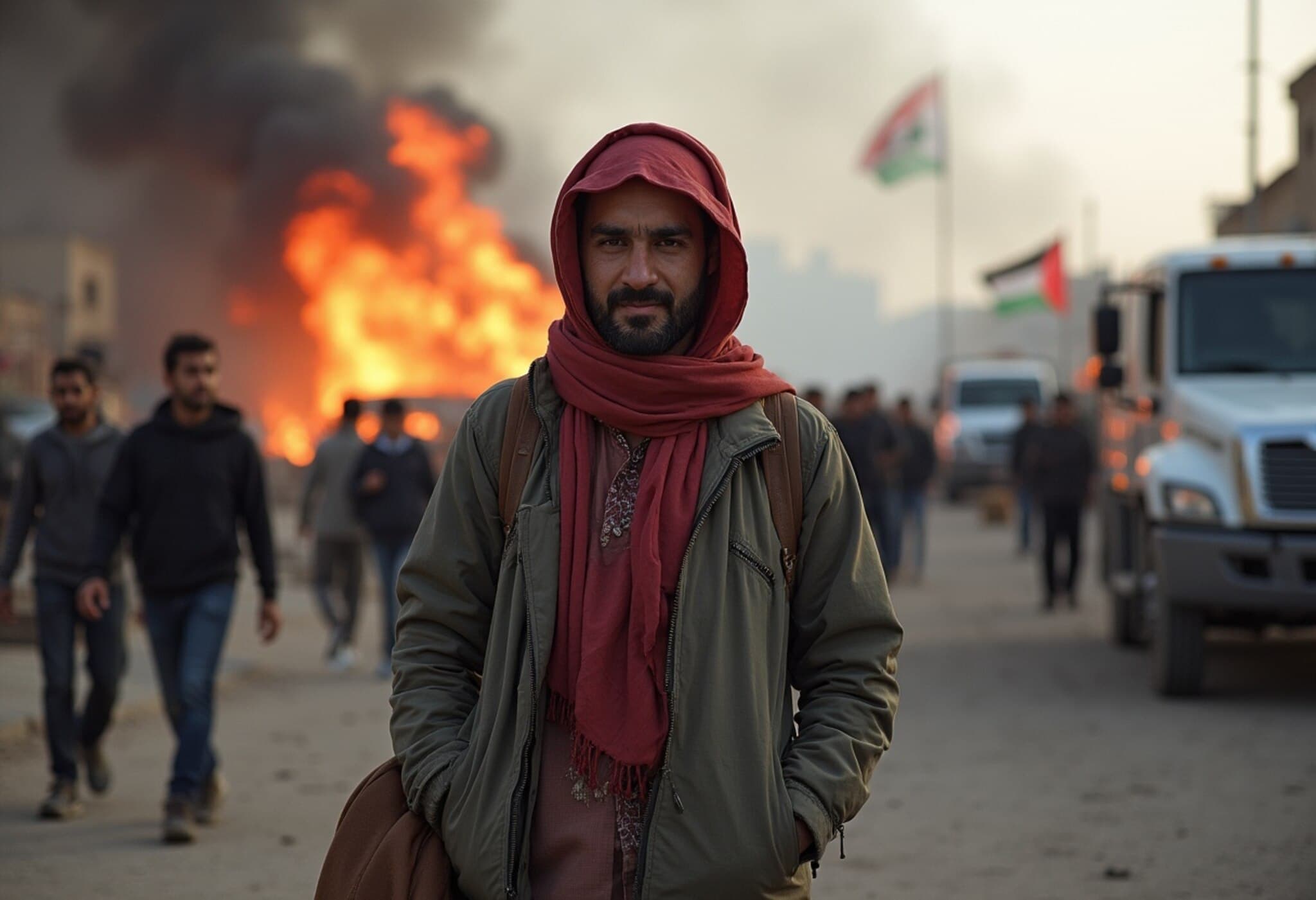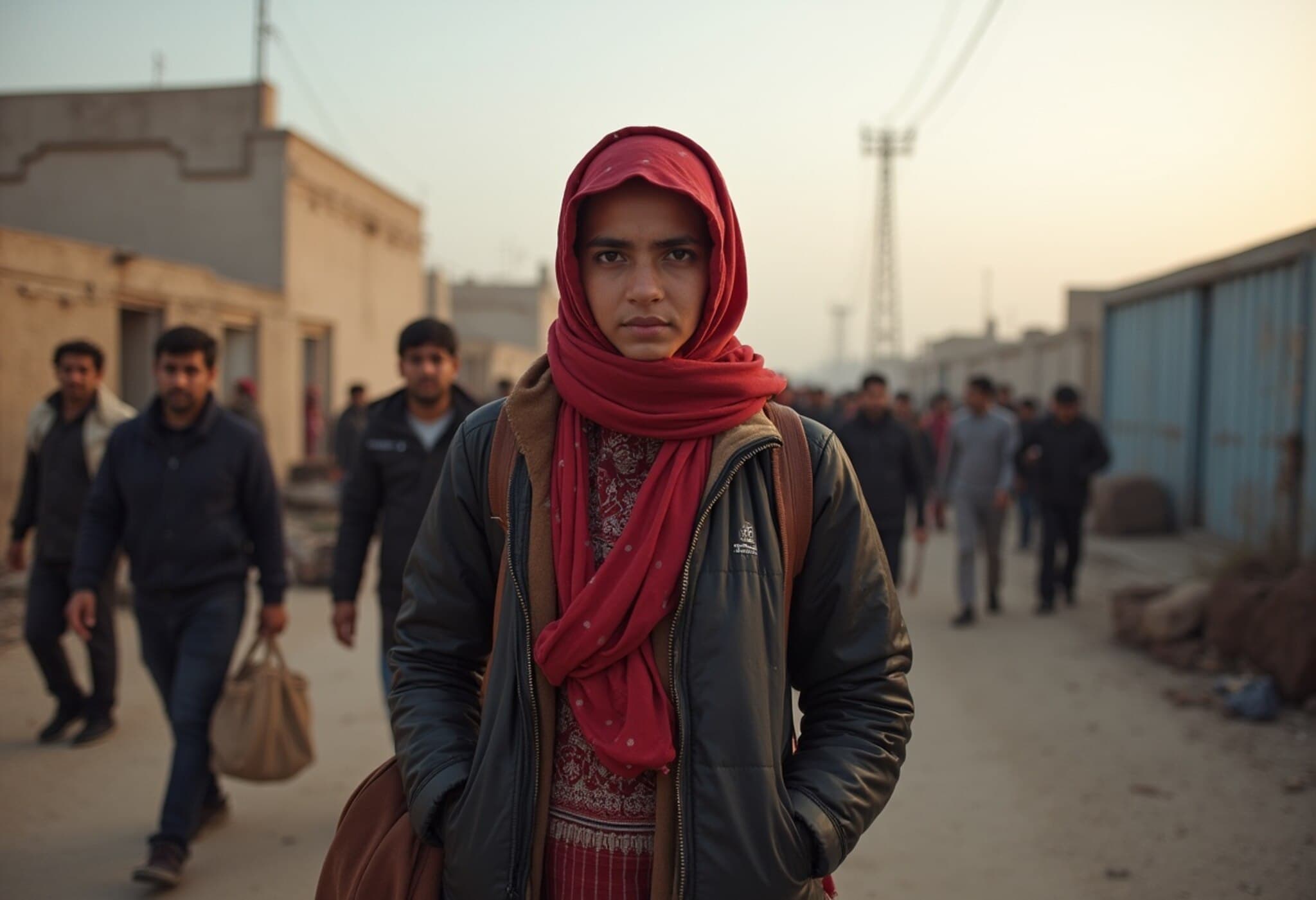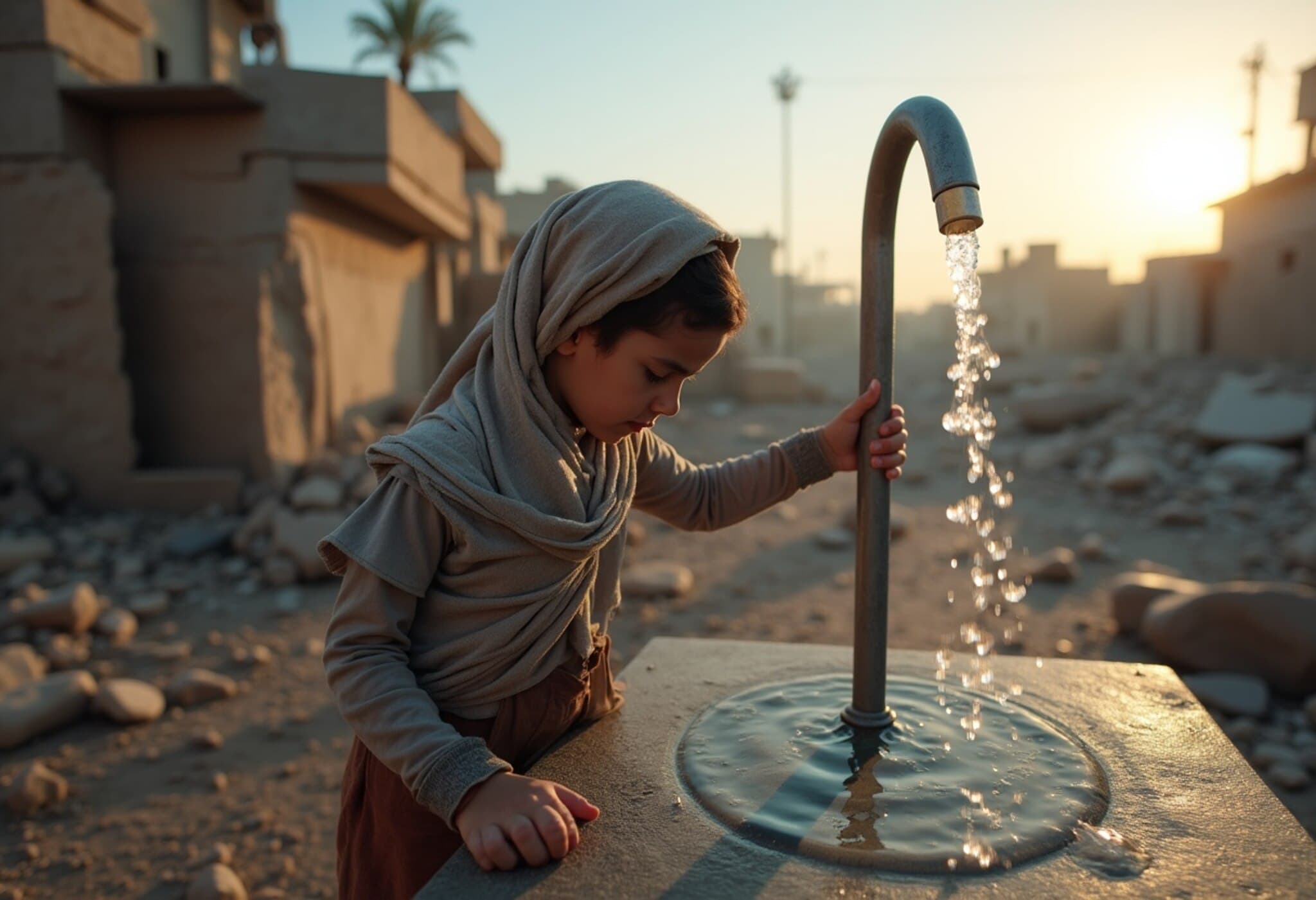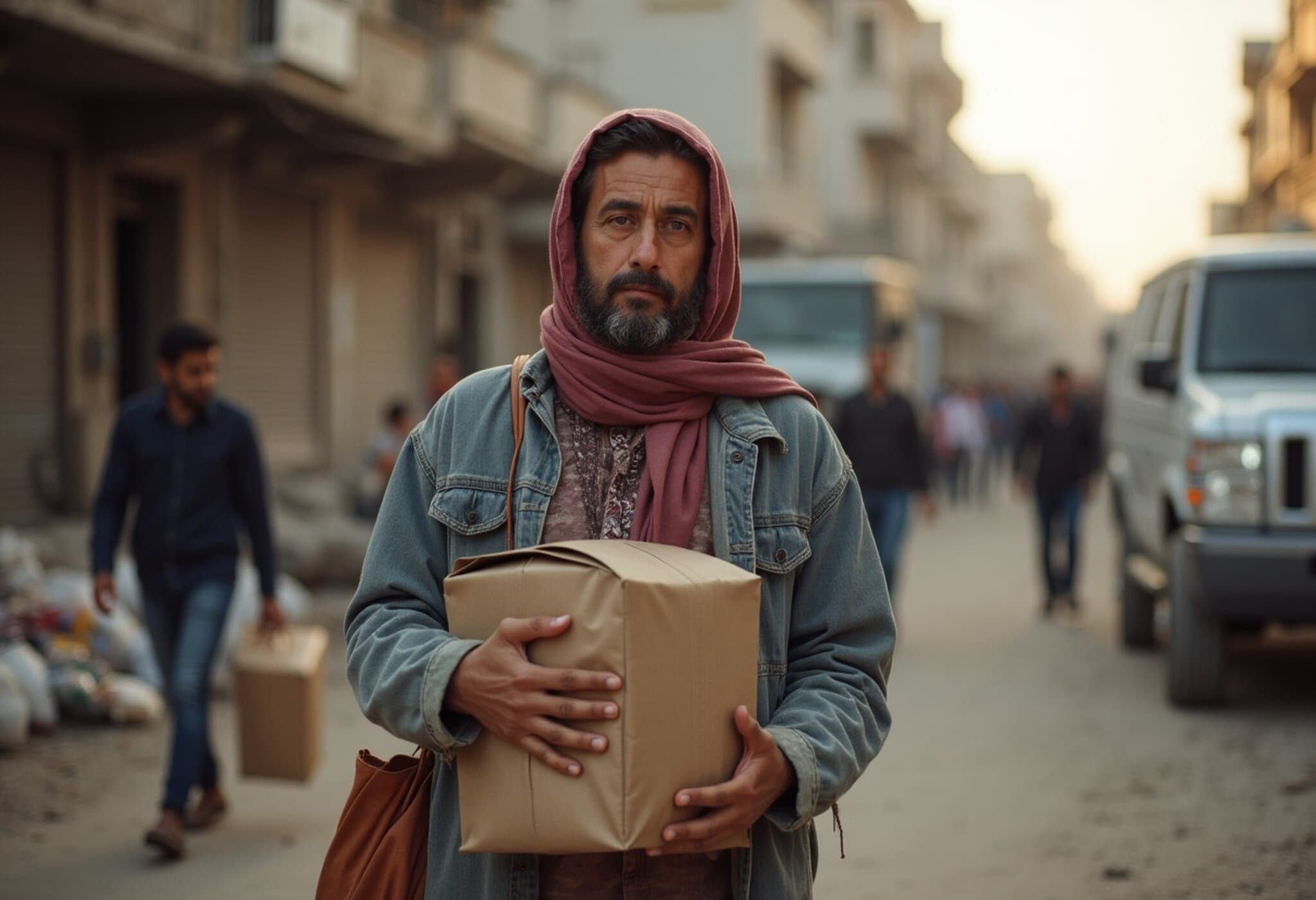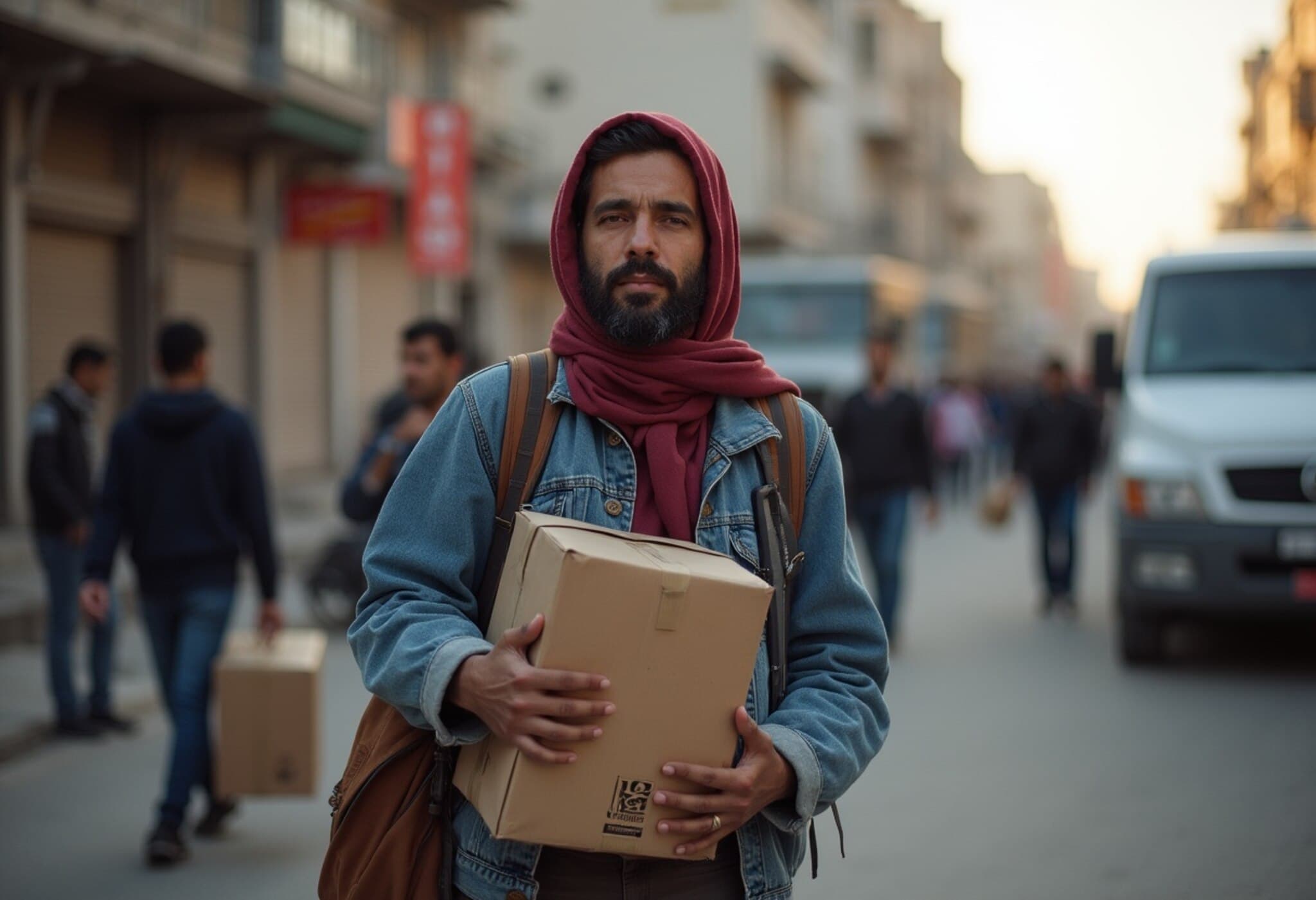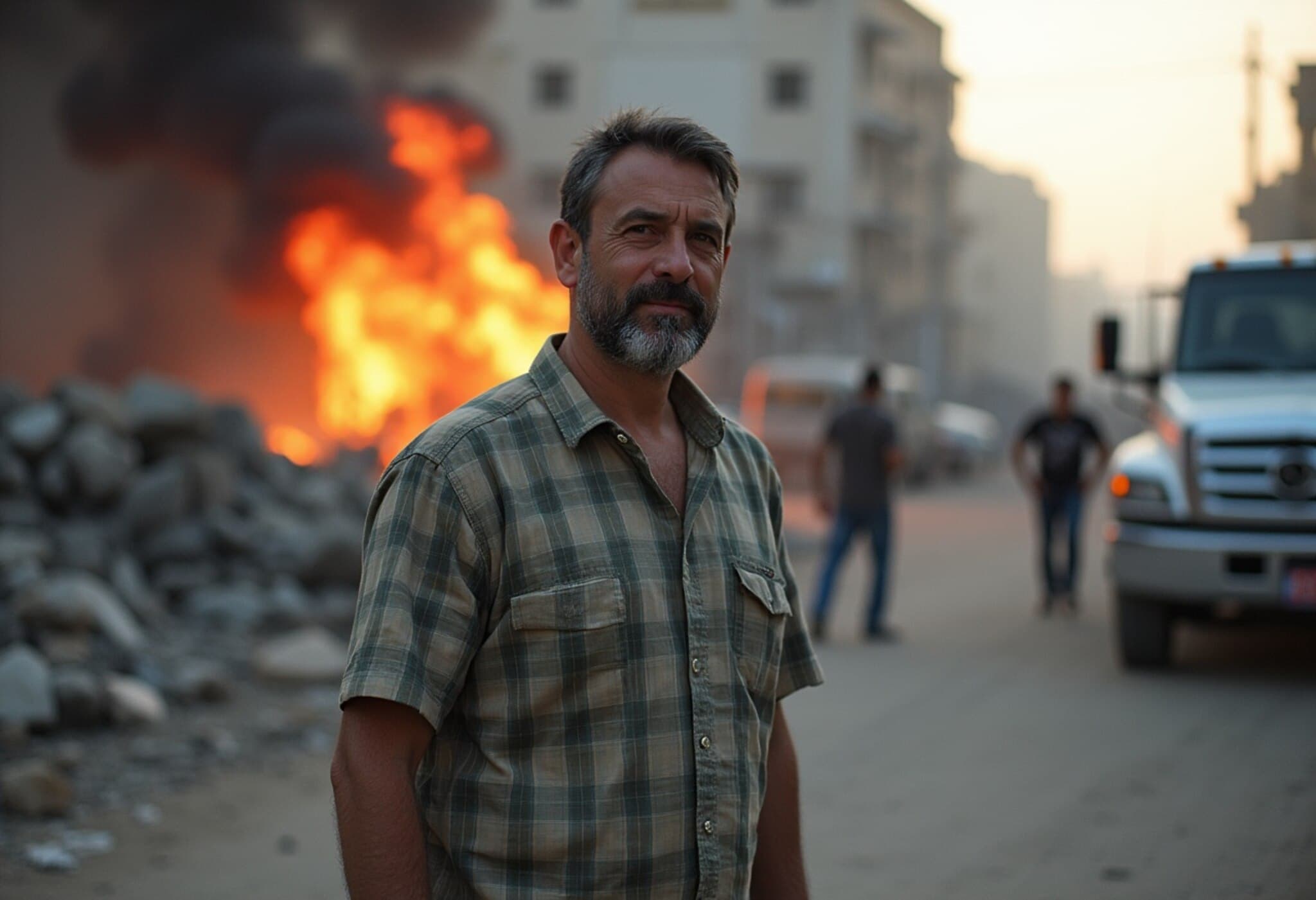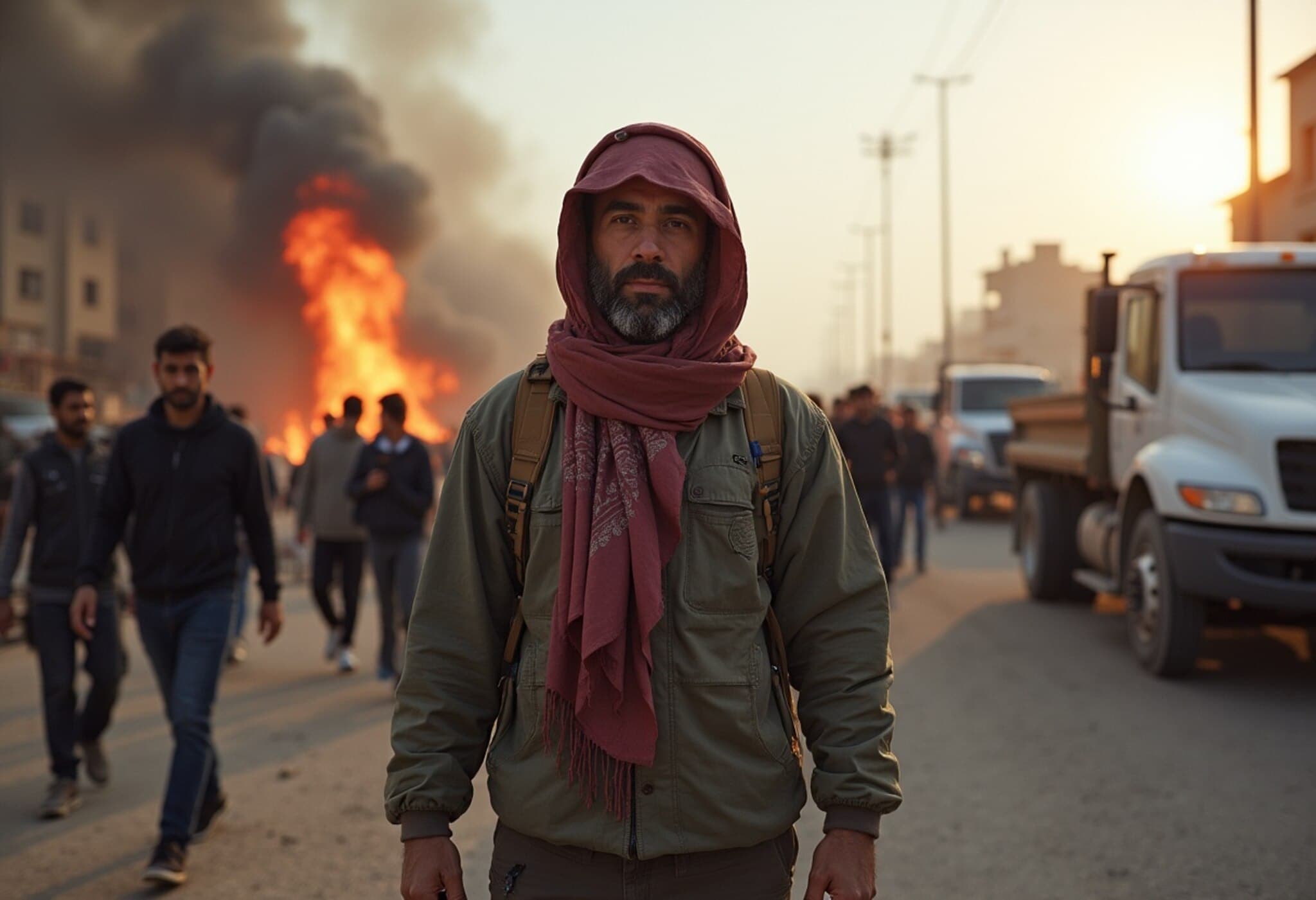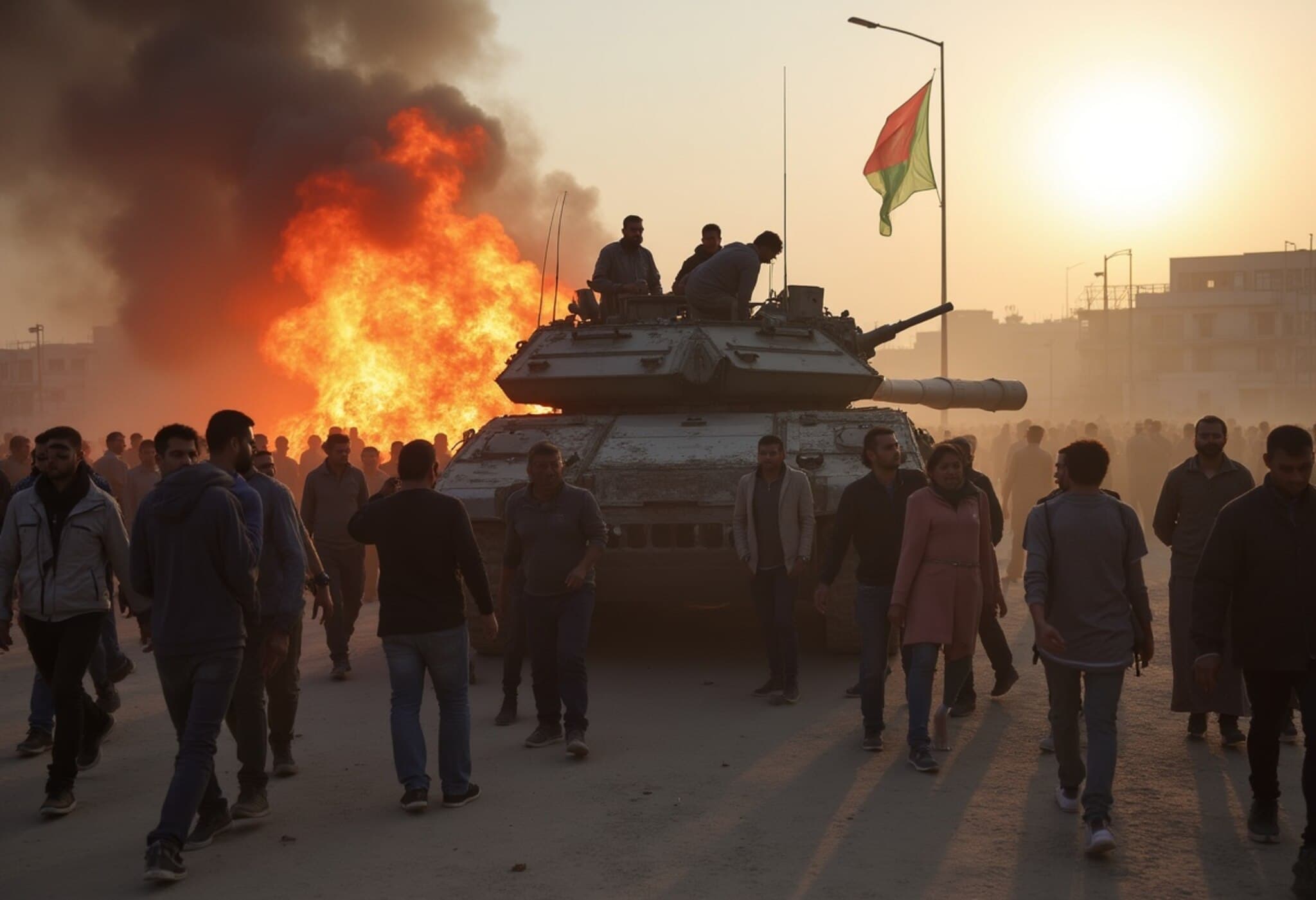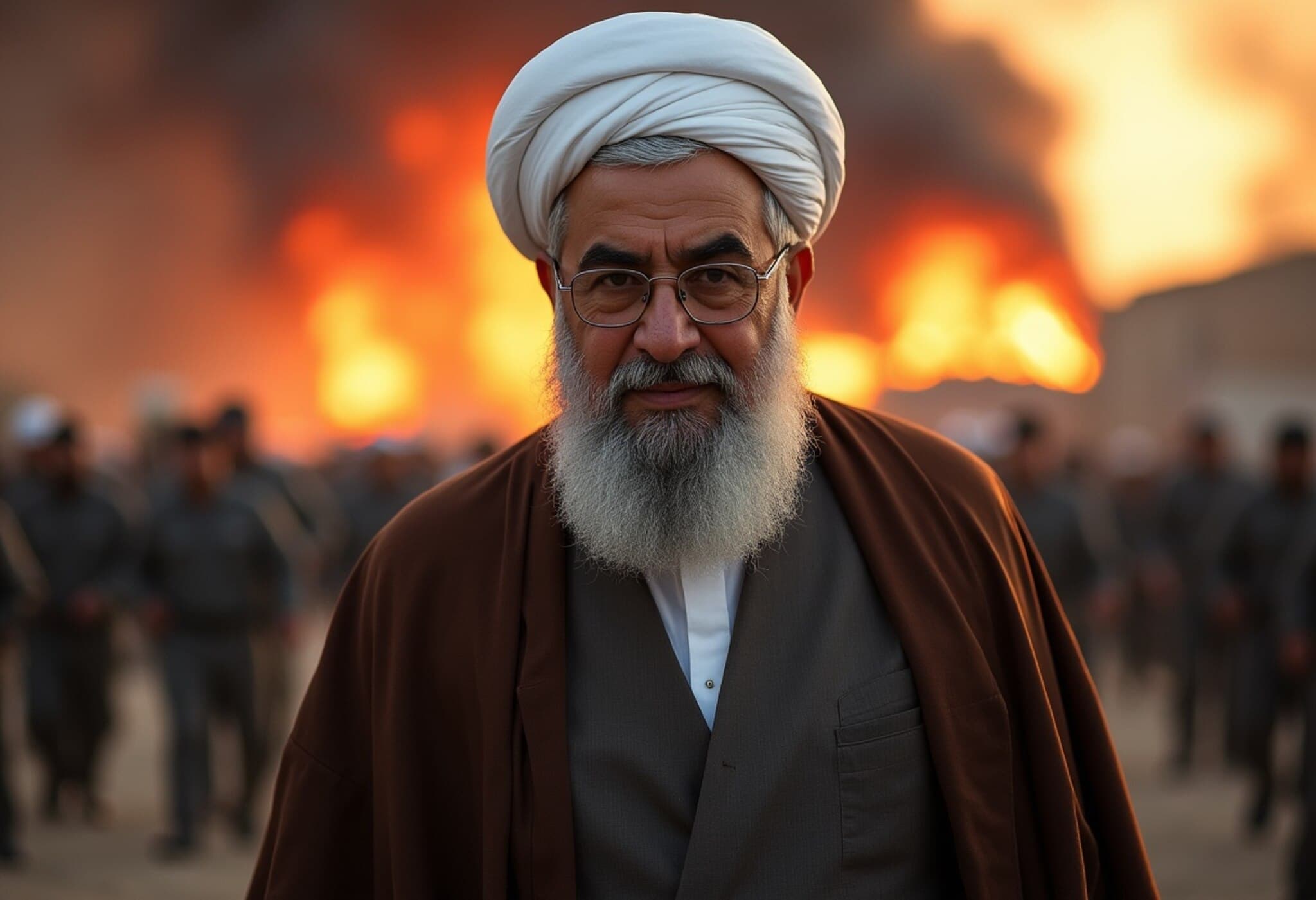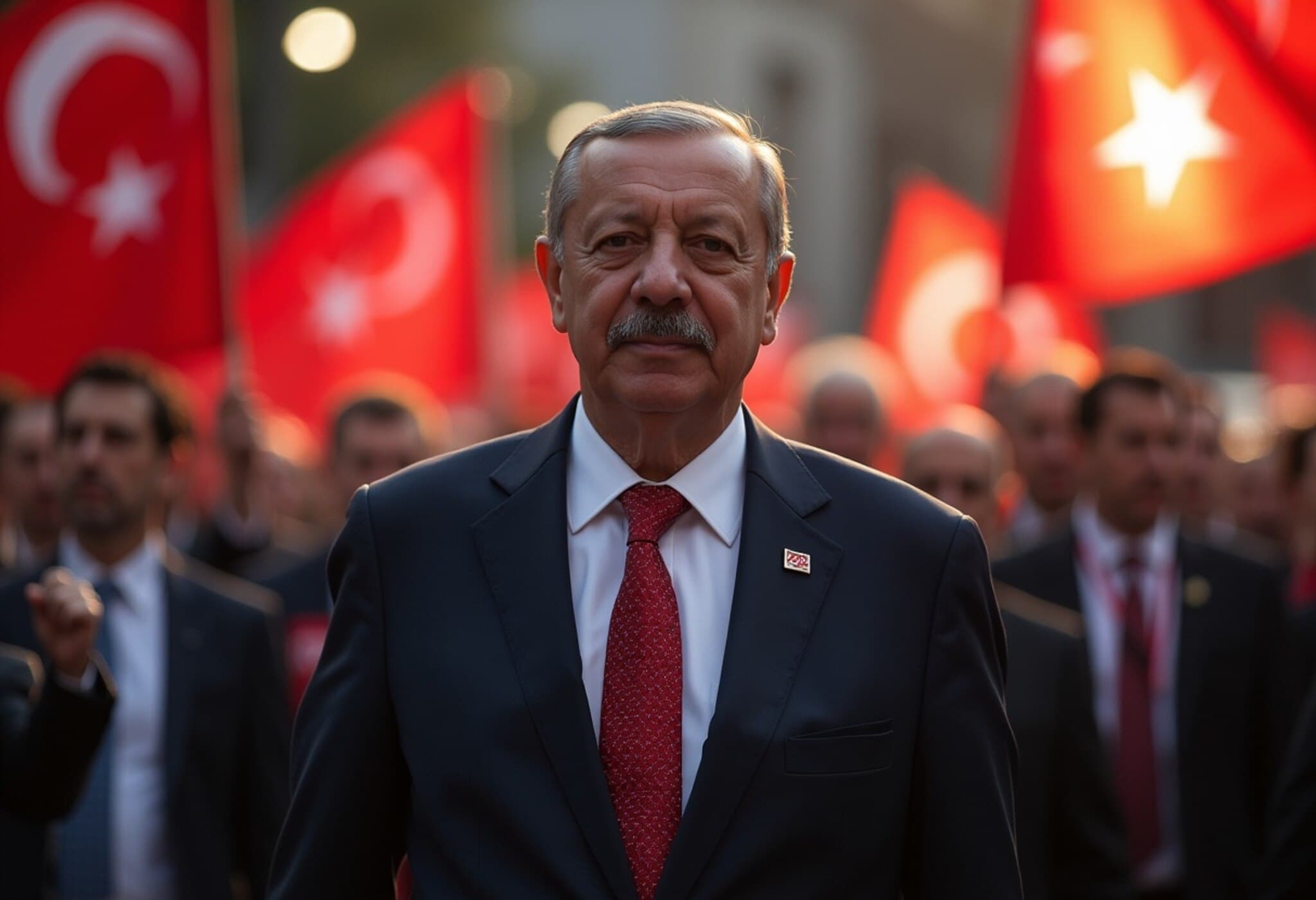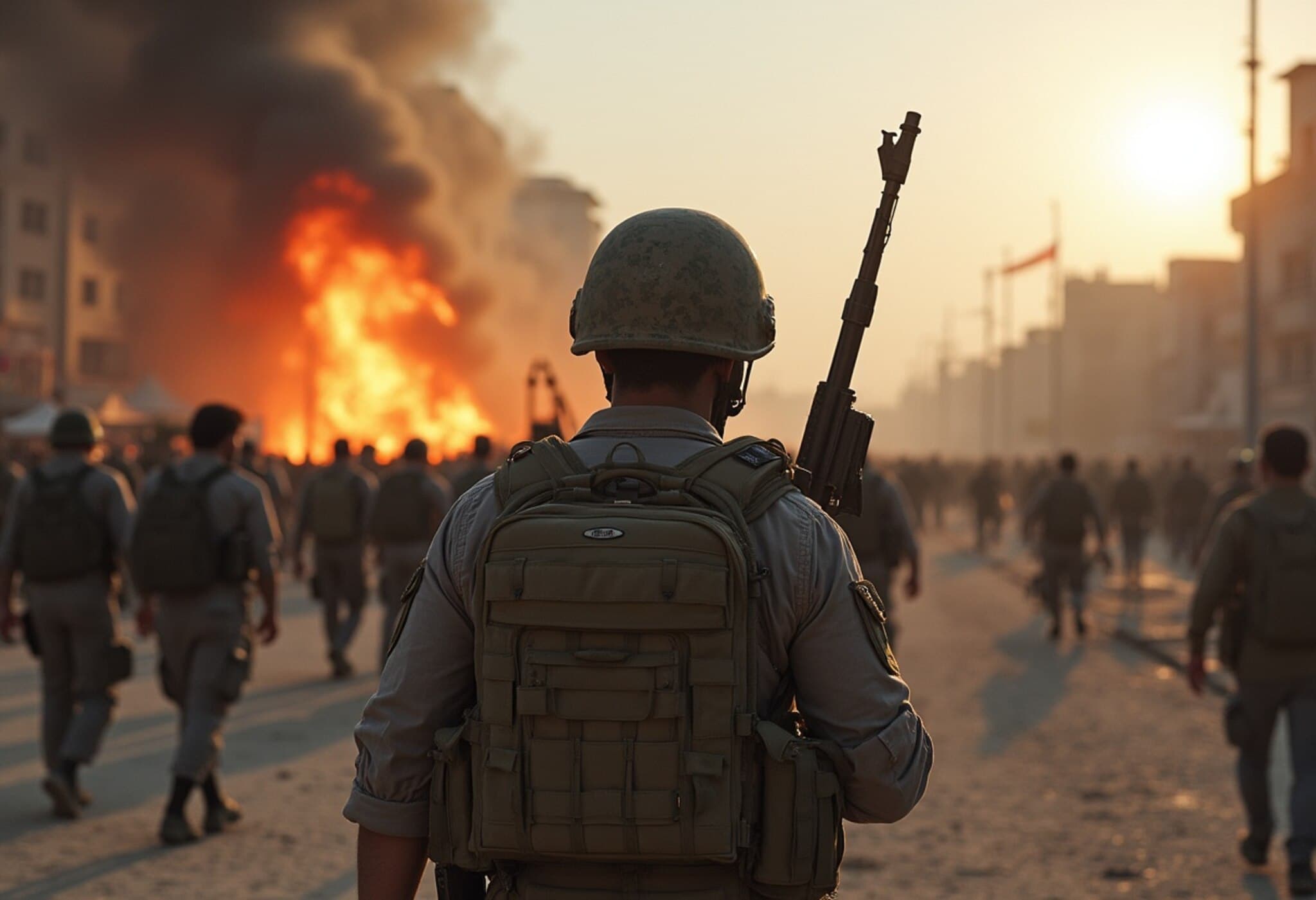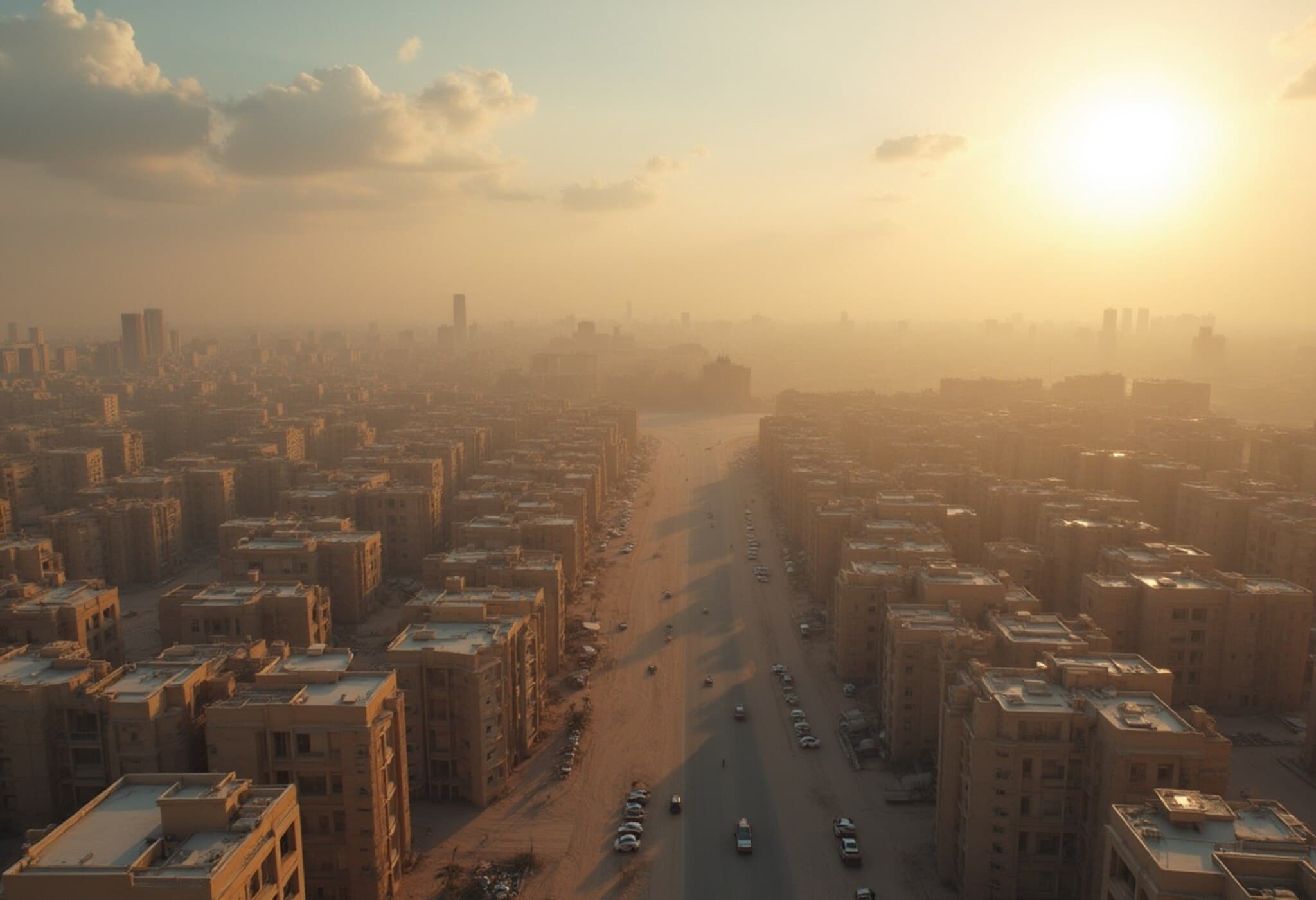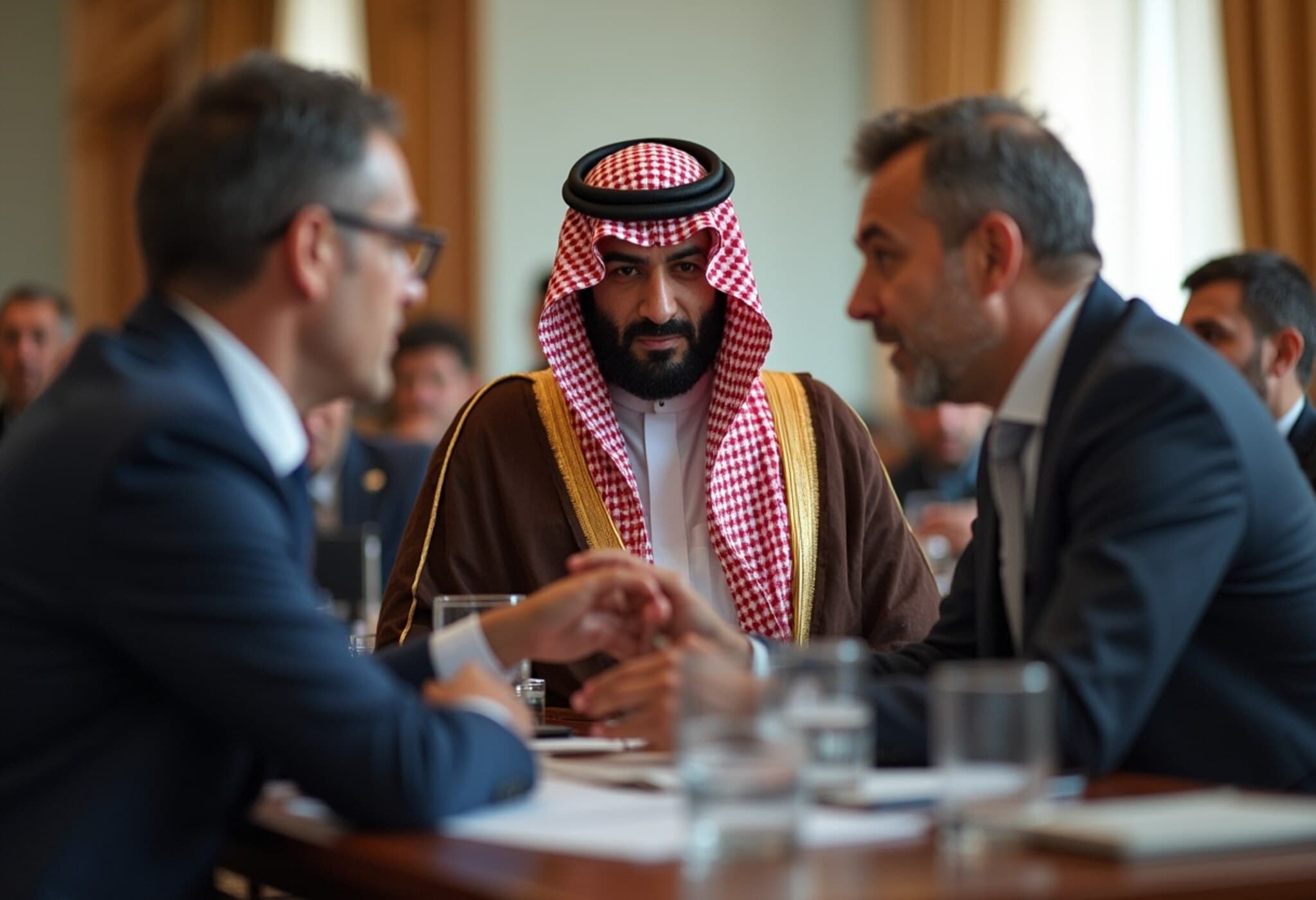Doctors Without Borders Warns of Escalating Hunger Crisis in Gaza
In a stark and urgent appeal, Doctors Without Borders (MSF) has revealed that acute malnutrition in Gaza is soaring to unprecedented levels, raising alarm bells about what they describe as a "humanitarian catastrophe". The Gaza Strip, already devastated by ongoing conflict and blockades, is now facing a severe shortage of adequate nutrition affecting thousands, particularly vulnerable groups such as children and pregnant women.
Acute Malnutrition Hits Record Highs in Gaza Clinics
MSF reported that their clinics in southern and northern Gaza have recorded the highest number of acute malnutrition cases ever documented by their teams. This sharp rise is not only unprecedented but alarming by any humanitarian standard.
- Over 700 pregnant and breastfeeding women currently receive treatment for moderate to severe malnutrition.
- Nearly 500 children are enrolled in ambulatory therapeutic feeding programs.
- Cases at the Gaza City clinic have nearly quadrupled from 293 in May to 983 by early July.
Mohammed Abu Mughaisib, MSF's deputy medical coordinator in Gaza, emphasized the gravity, stating, "This is the first time we've seen such a severe scale of malnutrition in Gaza." The numbers reflect a crisis deepening with each passing day.
Intentional Starvation or Consequence of War?
MSF explicitly charged that the hunger crisis is not accidental but a result of deliberate policy decisions, accusing Israeli authorities of intentional starvation. Since March, Israel has largely blocked food and essential supply deliveries into Gaza, allowing only minimal quantities after international pressure intensified during a two-month siege.
This blockade followed the deadly conflict ignited by Hamas’s attack on Israel in October 2023, which led to widespread destruction across the Gaza Strip. While Israel resumed limited food deliveries in late May through the Gaza Humanitarian Foundation (GHF)—a US- and Israeli-backed organization established to manage aid distribution—the process has been chaotic and fraught with danger.
Reports of violence near GHF distribution points have raised major concerns. The United Nations reported at least 615 casualties near GHF sites since May 27, although the organization denies incidents occurring directly at aid locations. Such insecurity further exacerbates food access issues for Gaza’s residents.
The Human Toll: Malnutrition's Devastating Impact
On the ground, MSF doctors witness harrowing consequences of the crisis. Patients suffering from injuries are often too weakened by protein deficiency to heal properly. Pregnant women are particularly vulnerable, with some six months into pregnancy weighing less than 40 kilograms (88 pounds). Premature births have risen, compounding the health challenges for newborns.
MSF physician Joanne Perry described the situation as "beyond critical," highlighting the profound physical and psychological toll on these communities desperately struggling under siege conditions.
Broader Context and Policy Implications
This unfolding crisis prompts urgent discussion on the international stage about the legality and morality of restrictions that constitute collective punishment under international law. Humanitarian experts argue that blocking food and medical supplies to a civilian population violates fundamental human rights and worsens long-term stability in the region.
From a US policy perspective, the involvement in backing aid organizations like GHF raises critical questions about coordination and accountability in conflict zones. Effective humanitarian relief requires transparent mechanisms to ensure safe, equitable distribution without militarization or politicization.
What Lies Ahead?
The current trajectory suggests increasing hardship for Gaza’s most vulnerable unless substantial changes are made to ease blockades and facilitate free access to food, medicine, and reconstruction materials. Without these measures, MSF warns of further spikes in malnutrition and preventable deaths.
Editor’s Note
The growing malnutrition crisis in Gaza underscores a tragic intersection of war, policy choices, and humanitarian need. This is not merely a distant conflict statistic but a pressing human emergency demanding sustained international attention and ethical reflection. Will global powers push for lasting solutions that prioritize human dignity over geopolitics? This is a question our shared conscience must urgently address.

